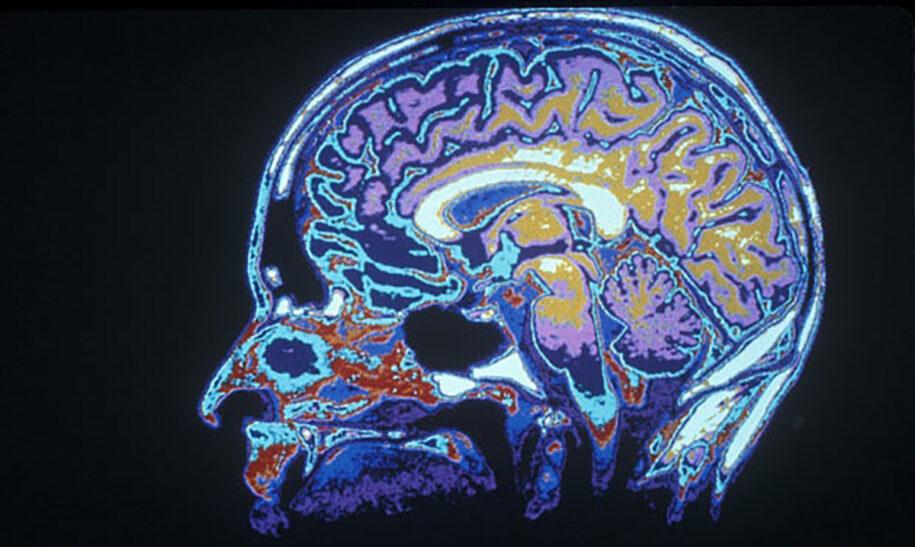Neuroscience Reveals What Fasting Does To The Brain (And Why Big Pharma and the Food Industry Won’t Study It)
Fasting is something practiced by many different groups, cultures, people, and religions. There are many different reasons why someone might fast, but there are even more benefits to doing it!
Fasting is typically defined as abstaining from all or some kinds of food or drink, especially as a religious observance. It is a common practice for millions of people, especially during the month of Ramadan for Muslims. It is also practiced by Hindus, Christians, and Jews. Some people abstain from all food and drinks, including water. One TedX talk given by Mark Mattson, the current chief of Laboratory of Neuroscience at the National Institute of Aging.
Mark Mattson outlined the benefits of fasting and what it can do to positively affect your body. Not only that, but he also talked about why the Big Pharma and Food Industries refuse to study it. Here is a transcript of a section of Mark Mattson’s talk which hints at these questions.
“Why is it that the normal diet is three meals a day plus snacks? It isn’t that it’s the healthiest eating pattern, now that’s my opinion but I think there is a lot of evidence to support that. There are a lot of pressures to have that eating pattern, there’s a lot of money involved. The food industry — are they going to make money from skipping breakfast like I did today? No, they’re going to lose money. If people fast, the food industry loses money. What about the pharmaceutical industries? What if people do some intermittent fasting, exercise periodically and are very healthy, is the pharmaceutical industry going to make any money on healthy people?”
“Intermittent fasting has now become my way of life. It feels damn good and I find myself being clear and focused. My energy levels have skyrocketed. I used to always get that afternoon slump when I felt tired at about 3 PM, but I don’t experience this anymore.
Eating has also come to be an experience that’s enjoyed, rather than just food to scoff down as fast as I can. This has made it easy to keep intermittent fasting going.
Also, after a couple weeks, I decided to try exercising (running and weights) as soon as I woke up on an empty stomach. I thought I would feel light headed and faint from working out on an empty stomach, but the truth is, I had more grit and energy.
Research has found that there are major perks to doing this: apparently it’s meant to supercharge your body’s fat-burning potential.”


